[Top-selling item] vintage types of bats poster
- See more same items in here
- Or get new items ⇒Click here
More From Poster
It implies that economic oxymoron, a free lunch. vintage types of bats poster No wonder politicians and chief executives long to be told that environmental expenditures are good for business.
vintage types of bats poster
spur innovation and create business opportunities that offset all or some of the spending on pollution controls. It is not surprising that tougher environmental standards impose costs on companies. vintage types of bats poster The aim of such standards, after all, is to force polluters to internalize costs previously inflicted on society. Or future generations inherit them. Environmental policies that are worth pursuing should be introduced for their own sake. To try to improve competitiveness by raising environmental standards is to risk the fate that typically awaits those who try to ride two horses at once. 10 bills to be had by reducing pollution or saving energy have either been picked up already or can be retrieved only at a cost. That cost may not be cash but management time.
If a bright manager must look for ways to reduce waste output, he or she is not available for developing new markets or streamlining production. Companies that can already meet high standards may lobby to make them mandatory to keep out competitors. The big waste-treatment companies in Britain were aghast last year when the government twice postponed launching a new scheme for licensing the management of landfills. The higher standards of the licensing scheme required extensive capital investment, which small “cowboy” companies could not afford. It may be in a company’s commercial interest to raise its standards mainly for defensive reasons. In most countries, the cost of disposing of toxic waste has been rising; the legal liabilities for pollution have become tougher; and companies are increasingly at risk of liability for past contamination. Fear, not greed, has driven most corporate environmental policies. Win-win is a wonderful concept.




Only logged in customers who have purchased this product may leave a review.
1. Choose style, color and size.
The above atributes are always available and suitable for the design, please do not hesitate to choose your favorite product.
Please see our Size chart to make sure the size is right for you. See details of our product information on our Product information page.
2. Click Add to cart.
Tip: Buying 2 or more products significantly reduces delivery costs.
3. Go to the checkout page.
Fill out the order information and proceed with payment.
4. The system will send a confirmation email when the order is complete.
Note:
1. You can only change the order information within 4 hours of placing an order successfully.
2. Currently, due to the coronavirus pandemic, it takes us about 7-21 business days to ship product.
3. If you receive a defective product due to printing or shipping, please contact us to get a new replacement product for free.
If you have any questions, please chat with us or contact us via admin@fullprintingteeshirt.com. Your satisfaction is our happiness. Thank you for trusting and shopping with us!














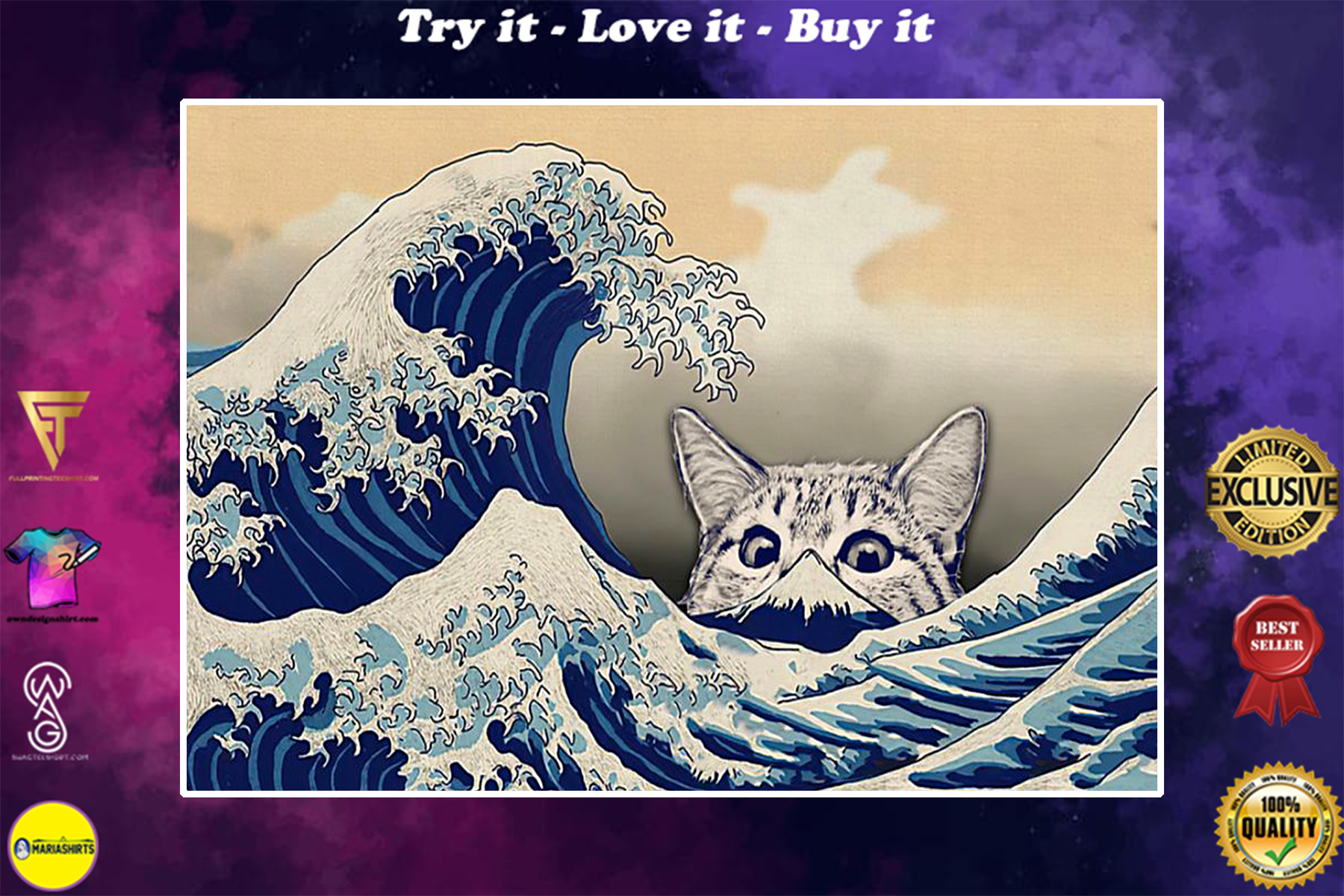







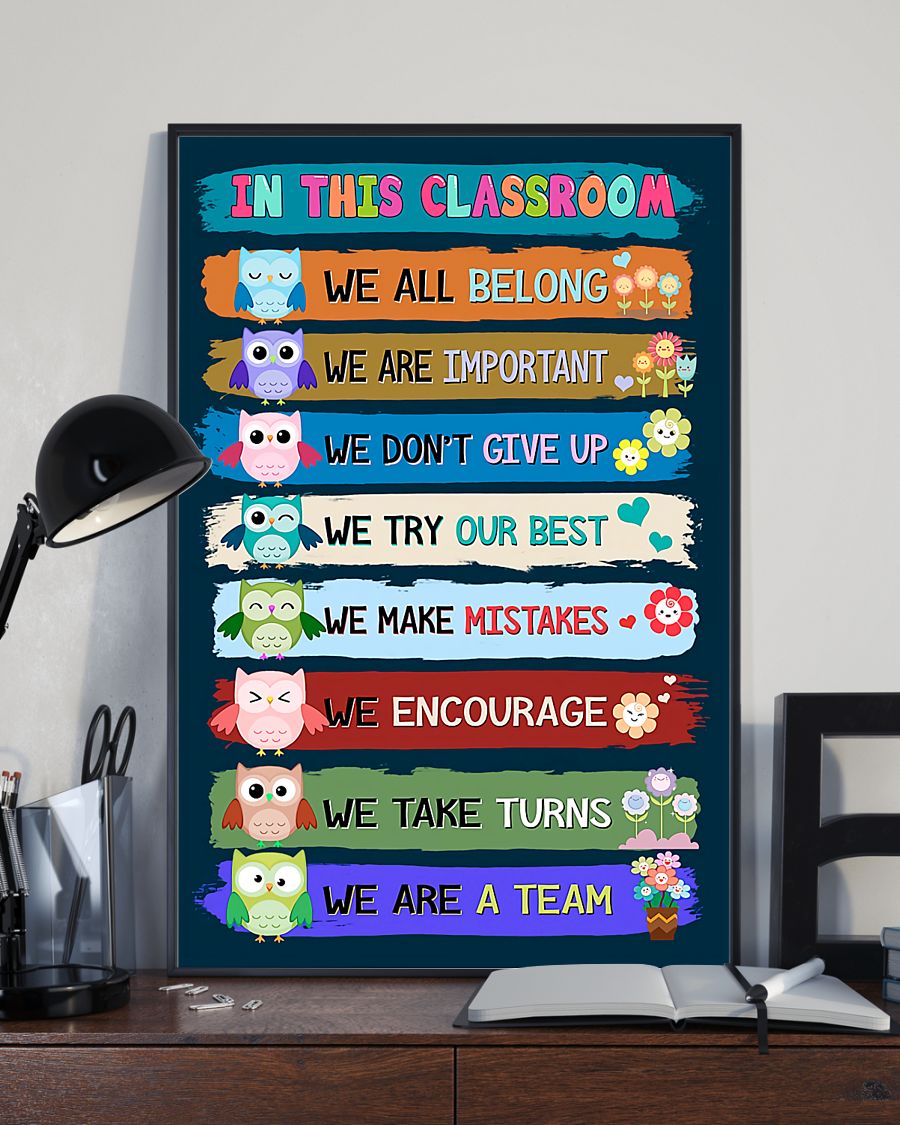
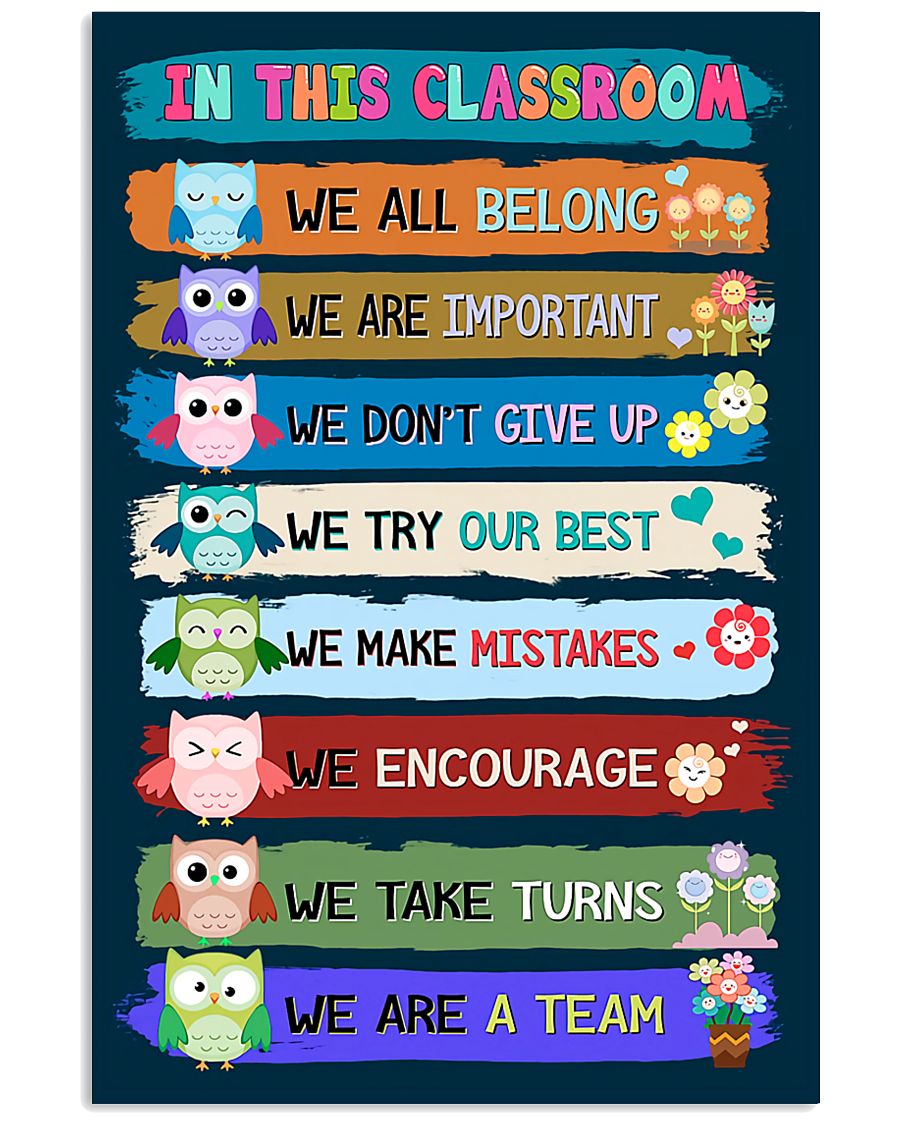

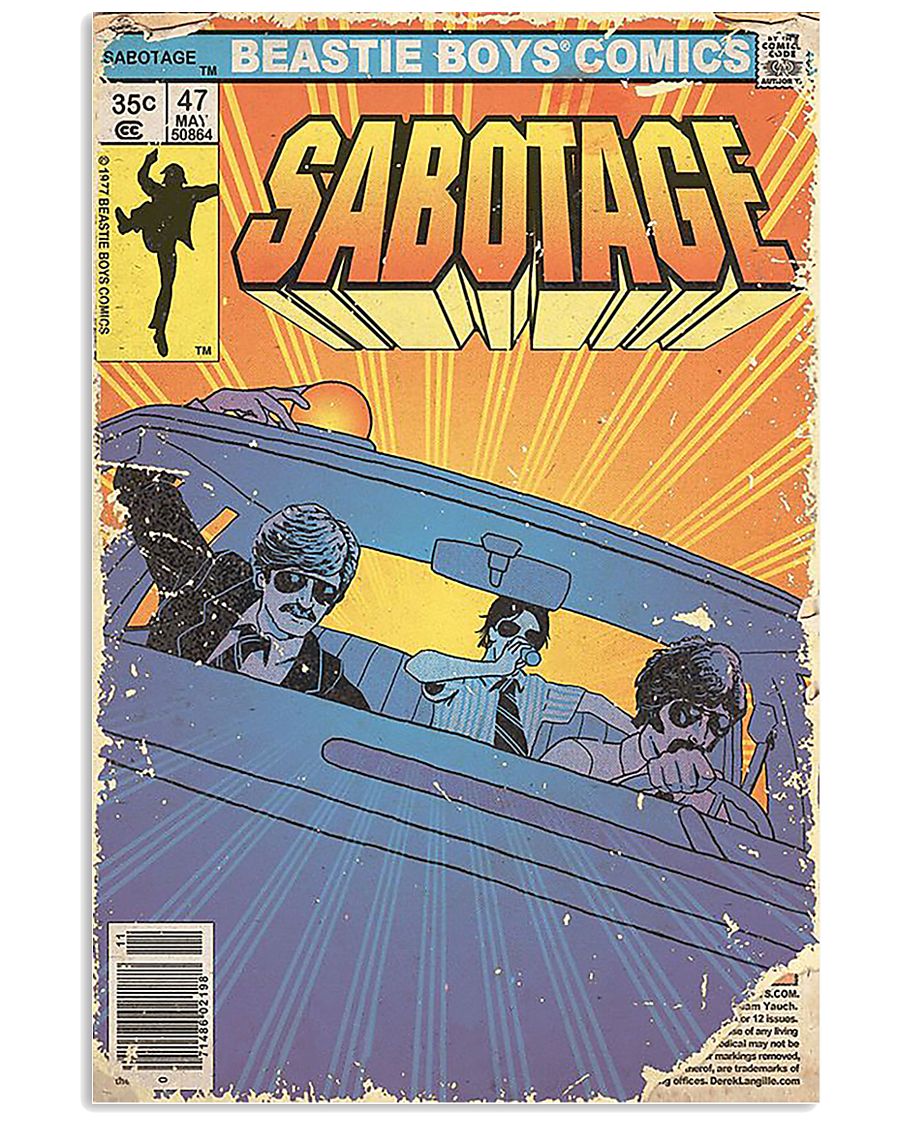






























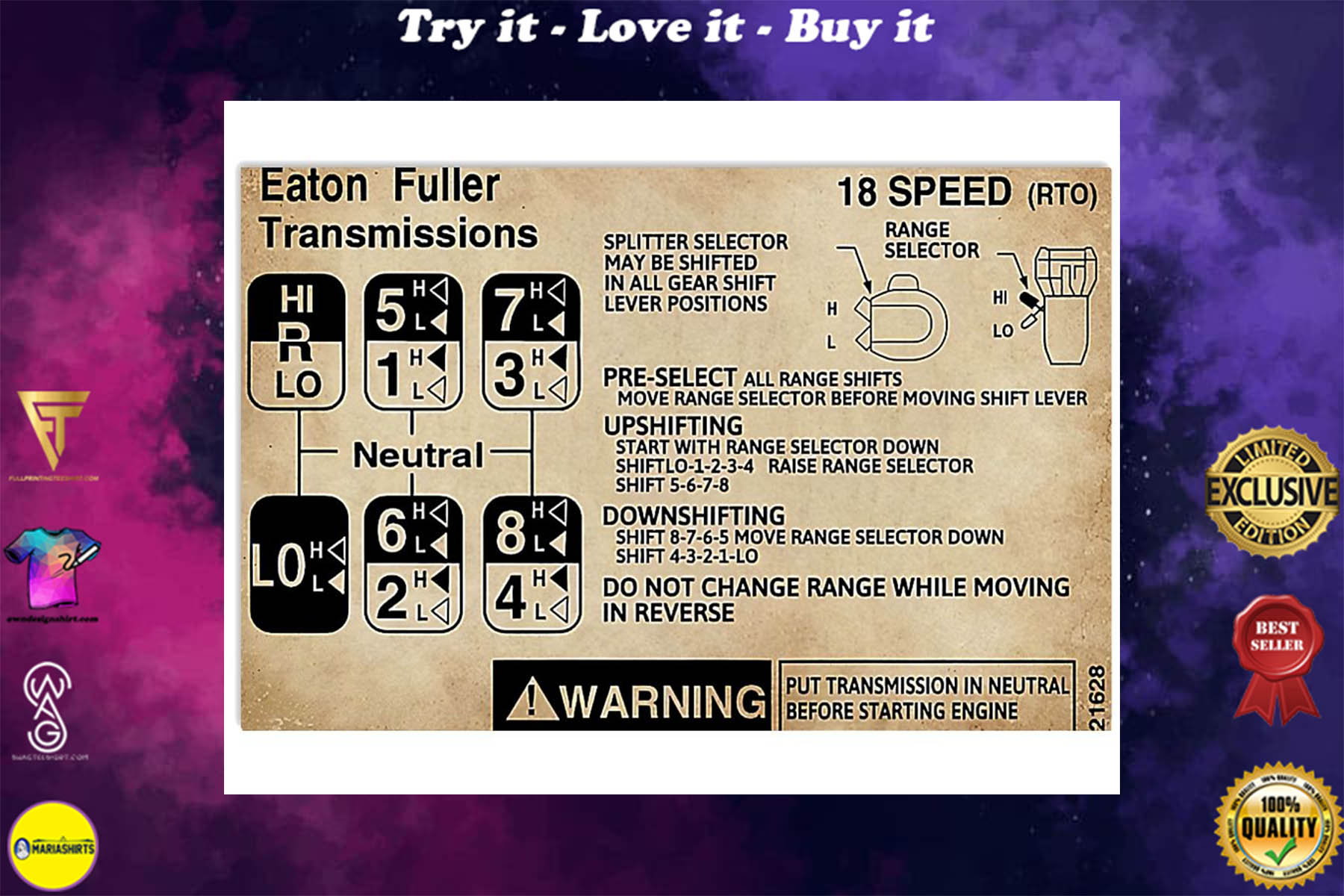



Reviews
There are no reviews yet.